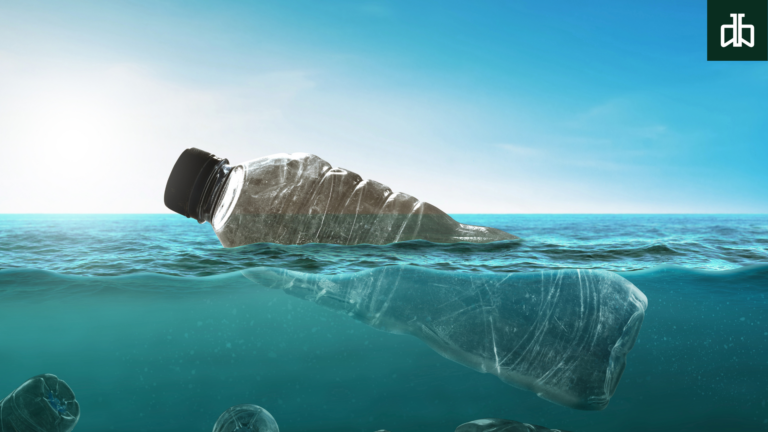The pervasive issue of plastic pollution in our oceans has reached alarming levels, posing significant threats to marine ecosystems, wildlife, and human health. As plastic waste accumulates in marine environments, it causes a multitude of negative effects, from entanglement and ingestion by marine animals to the contamination of food webs. However, individuals can play a crucial role in mitigating this crisis through personal initiatives and actions. In this article, we will explore the impacts of plastic pollution in the ocean and highlight personal initiatives that everyone can take to address this pressing environmental issue.
Impacts of Plastic Pollution in the Ocean:
Threat to Marine Life:
Plastic pollution poses a grave threat to marine animals, who often mistake plastic debris for food or become entangled in it. Ingestion of plastic can lead to internal injuries, blockages, and starvation, ultimately causing harm or death to marine species such as seabirds, turtles, fish, and marine mammals.
Habitat Destruction:
Plastic waste can smother and damage sensitive marine habitats such as coral reefs, mangroves, and seagrass beds, disrupting ecosystems and diminishing biodiversity.
Chemical Contamination:
Plastics can absorb and accumulate toxic chemicals from the surrounding environment. When ingested by marine organisms, these chemicals can bioaccumulate and biomagnify through the food chain, posing risks to human health and ecosystem integrity.
Economic Costs:
The economic costs of plastic pollution in the ocean are substantial, affecting industries such as tourism, fishing, and coastal communities. Cleanup efforts and mitigation measures also incur significant financial burdens on governments and taxpayers.
Personal Initiatives to Address Plastic Pollution:
Reduce Single-Use Plastics:
One of the most effective ways to combat plastic pollution is to reduce the use of single-use plastics such as bags, bottles, straws, and utensils. Opt for reusable alternatives like cloth bags, stainless steel water bottles, and bamboo utensils to minimize plastic waste.
Proper Waste Disposal:
Dispose of waste responsibly by recycling, composting, or properly disposing of trash in designated bins. Participate in community cleanup events and volunteer for beach or river cleanups to remove plastic debris from the environment.
Choose Sustainable Products:
Support companies and products that prioritize sustainability and eco-friendly packaging. Look for products made from recycled materials or choose items with minimal packaging to reduce plastic consumption.
Spread Awareness:
Educate yourself and others about the impacts of plastic pollution on the ocean and marine life. Share information on social media, participate in educational events, and advocate for policies that reduce plastic usage and promote recycling.
Support Plastic-Free Initiatives:
Join or support organizations and campaigns dedicated to reducing plastic pollution, such as the Plastic Pollution Coalition, Surfrider Foundation, or Ocean Conservancy. Donate, volunteer, or participate in fundraising activities to support their efforts.
Lead by Example:
Be a role model for sustainable living by making conscious choices to reduce your plastic footprint. Encourage friends, family, and colleagues to join you in adopting plastic-free habits and making environmentally responsible decisions.
Discover the Whitewater Oversized T-shirt, a revolutionary garment crafted from sustainable seaweed fabric, available exclusively at Ecomersh.
Plastic pollution in the ocean is a global crisis that demands urgent action from individuals, communities, governments, and industries. By taking personal initiatives to reduce plastic consumption, properly dispose of waste, and support plastic-free initiatives, each of us can contribute to a cleaner, healthier ocean for future generations. Together, we can make a meaningful difference in combating plastic pollution and protecting marine ecosystems for the benefit of all life on Earth.
Source Credits: ecomersh







